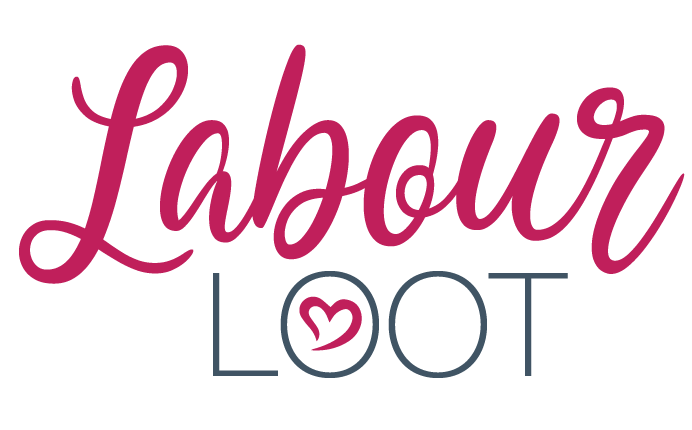Research and guidelines that support Aquanatal® classes
This page contains links to research, guidelines and other resources that report on the recommendations of safe exercise in pregnancy and specifically, water exercise like Labour Loot’s Aquanatal® classes.
A pamphlet for women about exercise in pregnancy; benefits, frequency, types of exercise and considerations including water-based activities like Aquanatal® classes
The Royal Australian and New Zealand College of Obstetricians and Gynaecologists (RANZCOG) consumer pamphlet ‘Exercise during pregnancy’ (2023)
A pamphlet for women about physical and emotional changes after birth; includes advice on resuming exercise (when and the importance of pelvic floor exercises)
The Royal Australian and New Zealand College of Obstetricians and Gynaecologists (RANZCOG) consumer pamphlet ‘The first few weeks following birth’ (2017)
Guidelines for health professionals about exercise in pregnancy; benefits, frequency, types of exercise and considerations (see pages 7-8 in particular)
The Royal Australian and New Zealand College of Obstetricians and Gynaecologists (RANZCOG) guidelines ‘Exercise during pregnancy’ (2020)
A pamphlet for women about exercise in pregnancy; benefits, frequency, types of exercise and considerations including water-based activities like Aquanatal® classes
Australian Government Department of Health: Guidelines for physical activity during pregnancy consumer pamphlet
Research findings: Women who exercised in water during pregnancy experienced a shorter labour
Physical activity during pregnancy and its influence on delivery time: A randomised clinical trial (2019)
Research findings: For first time mums, pelvic floor exercises can shorten the first and second stage of labour and does not increase risks of episiotomy, instrumental birth or perineal tears
The effect of antenatal pelvic floor muscle training on labour and delivery outcomes: a systematic review with meta-analysis (2015)
Research findings: Regular water exercise in pregnancy prevents excessive maternal weight gain with no detrimental effects on baby’s birth weight
Cochrane Study; Aquatic activities during pregnancy prevent excessive maternal weight gain and preserve birth weight: A randomised clinical trial (2018)
Research findings: Moderate intensity water exercise during pregnancy decreased postpartum anxiety and depressive symptoms and was safe for mothers and their newborns
Effectiveness of moderate-intensity aerobic water exercise during pregnancy on quality of life and postpartum depression: A multi-centre, randomised controlled trial (2021)
Research findings: Water aerobics for pregnant women proved to be safe and was not associated with any change in maternal body composition, type of birth, pre-term birth rate, baby well-being or baby weight
Water aerobics II: Maternal body composition and perinatal outcomes after a program for low-risk pregnant women (2009)
Research findings: Regular, moderate water aerobics is not detrimental to the health of a woman or baby and women who participated in water aerobics were less likely to request analgesia during labour
Water aerobics in pregnancy: Cardiovascular response, labour and neonatal outcomes (2008)
Podcast about the benefits of exercise in pregnancy
The Great Birth Rebellion podcast
Episode 34 – Exercise in pregnancy (2023)
Video about the benefits of exercise and recommendation for women to participate in aqua classes in pregnancy (aqua classes are mentioned at the 2 minute 14 second mark)
Mater Mothers Queensland (2019)
Sydney Aquanatal®: Why do Aquanatal®? (2019)
Read
Sydney Aquanatal®: 15 tips for safe exercise during pregnancy (2019)
Read

